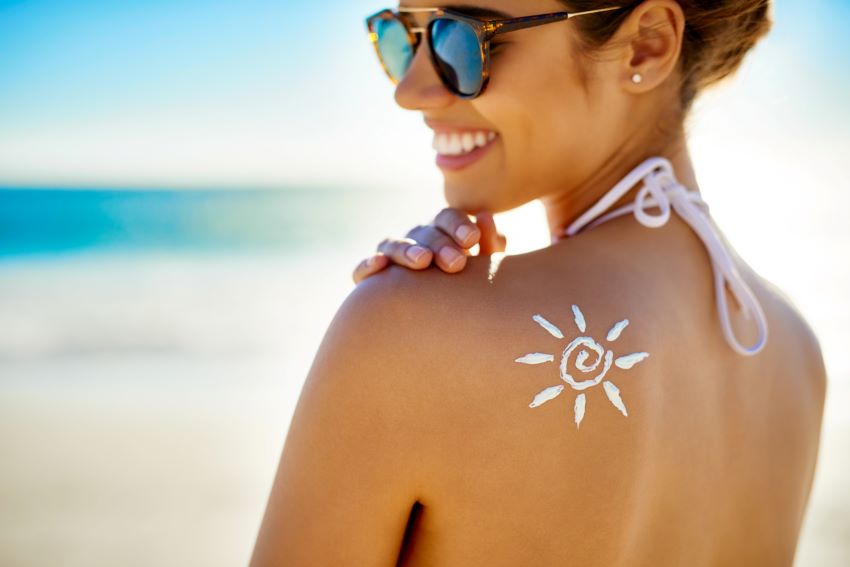
Summer is almost here, which means more time outdoors and increased sun exposure. It’s a well-known fact – sunscreen is essential for preventing premature aging, including wrinkles, age spots, and sagging skin. But did you know that regular use of sunscreen can reduce your risk of developing certain types of skin cancer by as much as 50 percent? Read on as we discuss the benefits of sunscreen and the importance of including it as part of your overall sun protection strategy.
Who Needs Sunscreen?
The answer is not surprising: everyone. According to the American Academy of Dermatology, it’s estimated that one out of every five people will develop some type of skin cancer in their lifetime. While skin cancer can affect anyone regardless of age, using sunscreen regularly can help protect you from the sun’s harmful ultraviolet rays and decrease your risk.
When Should I Apply Sunscreen?
Sunscreen should be applied every day, even when it’s cloudy outside. On overcast days, 80 percent of the sun’s UV radiation can reach the earth. Venturing outside unprotected increases your risk of premature aging and skin damage. Once you apply your sunscreen, it’s best to wait 15-30 minutes before going outside to allow it to penetrate the skin. The average adult should apply enough to cover the body – about one ounce. And don’t forget the tops of your feet, hands, ears, and lips.
Choosing a Sunscreen that’s Right for You
When it comes to choosing the right protection, it’s all about SPF. SPF, or Sun Protection Factor, is the number that indicates how long the sun’s UVB rays would take to redden the skin relative to time spent exposed to the sun without sunscreen. For example, if you use an SPF 30, it would take you 30 times longer to burn than if you used no protection. So, how do you select a sunscreen that’s right for you? According to The Skin Cancer Foundation, the best sunscreen is one that is water resistant and has broad spectrum coverage (one that protects against both UVA and UVB rays) with an SPF of 15 or higher. All sunscreens with SPF 15 or higher are required by law to provide broad spectrum protection. As the SPF increases, so does the magnitude of protection against harmful UVA/UVB radiation. Check the label before you buy to ensure your sunscreen provides this level of protection. If you’re working outdoors for an extended period of time or engaged in higher levels of activity such as running or swimming, select an SPF of at least 30. Be sure to reapply every two hours and immediately after swimming or sweating excessively.
Other Factors to Consider
While frequent and consistent use of sunscreen can reduce your overall risk for skin cancer and premature aging, there are other factors to consider to protect your skin, such as:
• Family history – Your skin type and genetic predisposition will determine the level of protection that’s right for you.
• Photosensitivity – Certain medications and/or disorders can increase your sensitivity to light, raising the required level of protection.
• Underlying skin conditions – There are many sunscreens to chose from depending on your skin type, condition such as dry or oily, and level of sensitivity.
It’s important to remember that sunscreen alone isn’t enough to protect your skin from sun damage. It’s advisable to limit your time in the sun, seek out shaded areas whenever possible, wear a wide-brimmed hat, and don UV-protective sunglasses and clothing.
The trusted experts at Belladerm MedSpa can help you develop a sun protection strategy that’s right for you. We offer a full suite of quality skincare products that protect and nourish your skin for a healthy, youthful glow all year round. Call us for a free consultation or visit us online.





